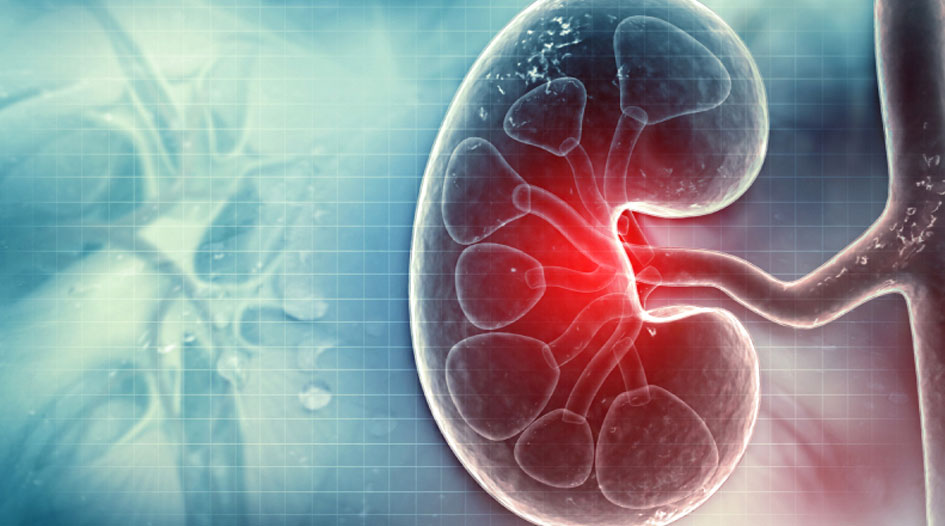
Multiple Myeloma and Kidney
Multiple Myeloma is a type of blood cancer that affects plasma cells, a kind of white blood cell found in the bone marrow. These abnormal plasma cells produce excessive amounts of a protein called monoclonal immunoglobulin (M protein) or light chains, which can damage various organs — especially the kidneys.
How Does Multiple Myeloma Affect the Kidneys?
Kidney problems are one of the most common complications of multiple myeloma. The abnormal proteins produced by myeloma cells can accumulate in the kidneys, clogging and damaging the filtering units. This condition is often called Myeloma Kidney or Cast Nephropathy. In addition, high calcium levels (due to bone damage), frequent infections, dehydration, and certain medications may worsen kidney injury in myeloma patients.
Symptoms
Patients with myeloma-related kidney disease may experience:
- Fatigue and weakness
- Swelling in legs, ankles, or feet
- Nausea, vomiting, or loss of appetite
- Decreased urine output
- Persistent itching
- High blood pressure
- Bone pain (from underlying myeloma)
Treatment & Management
The primary goal of treatment is to control multiple myeloma, which in turn helps protect the kidneys. Therapies may include chemotherapy, immunotherapy, or targeted drugs. Supportive care for the kidneys involves staying well-hydrated, avoiding nephrotoxic drugs (such as certain painkillers), controlling calcium levels, and treating infections promptly. In severe cases of kidney failure, dialysis may be required.
Prevention & Care
Early diagnosis and treatment of multiple myeloma are key to reducing kidney complications. Regular kidney function tests, a healthy lifestyle, and following medical advice strictly can help preserve kidney function and improve quality of life.



